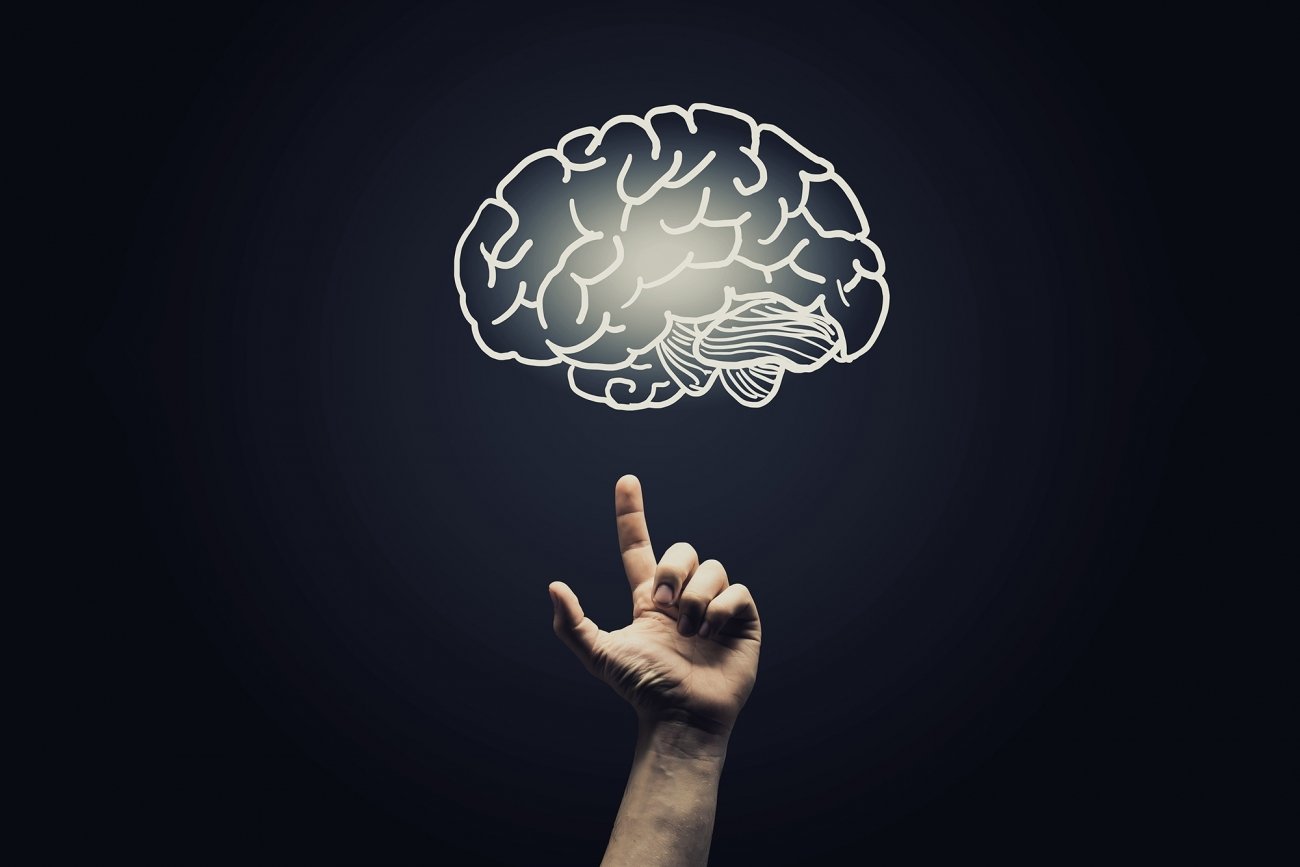
The study of psychology is a fascinating journey into the hidden depths of the human mind. It offers us a profound understanding of why we think, feel, and behave the way we do. At its core, psychology seeks to unravel the intricacies of the human experience, shedding light on both the conscious and unconscious aspects of our being. From the complexities of perception and memory to the motivations that drive us, psychology allows us to navigate the labyrinth of the mind. Through the exploration of various theories, research, and real-life examples, we gain insights into the human psyche, enabling us to comprehend ourselves and others on a deeper level. Psychology is much more than a mere academic pursuit; it is a key to unlocking the secrets of our own humanity.
Psychologist Melbourne
The Origins and Fundamentals of Psychology
Psychology, the study of the human mind and behavior, has a rich history that spans across centuries. Its origins can be traced back to the ancient civilizations of Greece and Egypt, where philosophers like Socrates and Aristotle contemplated the complexities of human nature. However, it wasn't until the late 19th century that psychology emerged as a distinct scientific discipline.
One of the fundamental principles of psychology is the notion that human behavior is shaped by both nature and nurture. This means that our genetic makeup, as well as the environment in which we are raised, play crucial roles in determining how we think, feel, and act. Psychologists explore this interaction between genes and environment to gain a deeper understanding of why we behave the way we do.
Another cornerstone of psychology is the study of consciousness. Consciousness refers to our individual awareness of our thoughts, feelings, and perceptions. By exploring this fascinating aspect of the human mind, psychologists seek to unravel the mysteries of subjective experience and shed light on how our conscious selves interact with the world around us.
Furthermore, psychology examines the intricate workings of the human brain. Through advances in neuroscience and techniques such as brain imaging, researchers have made significant strides in understanding the neural processes underlying our thoughts, emotions, and behaviors. By studying the brain, psychologists can gain insights into various psychological phenomena and develop treatments for mental disorders.
In conclusion, psychology has a long and captivating history, rooted in ancient philosophical ponderings. It encompasses the exploration of the interplay between nature and nurture, the investigation of consciousness, and the examination of the human brain. By delving into these intricacies, psychologists strive to unlock the hidden depths of the human mind and unravel the complexities of psychology.
Understanding Cognitive Processes and Behavior
In the realm of psychology, the study of cognitive processes and behavior plays a vital role in unraveling the complexities of the human mind. By examining how individuals perceive, think, and process information, psychologists gain valuable insights into the inner workings of the human brain.
One key aspect of cognitive processes is attention. This cognitive function allows us to selectively focus on certain stimuli while filtering out others. It enables us to concentrate on a task at hand and ignore distractions. The field of psychology aims to understand how attention is allocated, how it can be directed and sustained, and how it influences our behavior and decision-making processes.
Memory is another fundamental cognitive process that greatly impacts our daily lives. Our ability to encode, store, and retrieve information shapes our experiences, learning, and decision-making. Psychologists study different memory systems, such as short-term and long-term memory, to explore how memories are formed, consolidated, and forgotten. Understanding memory processes can help us optimize learning strategies, improve recall, and potentially address memory-related disorders.
Furthermore, cognitive processes are closely linked to our emotions and affect our behavior. Emotions essentially act as a filter through which we interpret and respond to events. Psychology investigates how emotions influence our decision-making, motivation, and social interactions. By understanding the interplay between cognitive processes and emotions, psychologists can shed light on the underlying mechanisms that drive human behavior.
In conclusion, delving into the intricacies of cognitive processes and behavior is a central focus of psychology. Through studying attention, memory, and the influence of emotions, psychologists aim to uncover the hidden depths of the human mind and gain a deeper understanding of what drives our thoughts, actions, and interactions with the world around us.
Exploring Psychological Disorders and Therapies
Psychological disorders are complex conditions that affect the thoughts, emotions, behavior, and overall well-being of individuals. They can manifest in various ways and have far-reaching impacts on a person's life. Understanding the intricacies of these disorders is crucial for effective treatment and support.
One common psychological disorder is anxiety. It is characterized by persistent feelings of worry, fear, and unease. Individuals with anxiety often experience physical symptoms such as rapid heart rate, shortness of breath, and trembling. Therapies for anxiety disorders typically involve cognitive-behavioral approaches, which aim to identify and challenge irrational thoughts and develop coping mechanisms to manage anxiety.
Another prevalent psychological disorder is depression. It is characterized by persistent feelings of sadness, hopelessness, and a loss of interest in activities. Depression can have profound effects on a person's daily life, making it difficult to function and enjoy things they once found pleasurable. Therapies for depression often involve a combination of medication and psychotherapy, where individuals can explore the root causes of their depression and develop healthy coping strategies.
Schizophrenia is a severe mental disorder that affects how a person thinks, feels, and behaves. Individuals with schizophrenia often experience hallucinations, delusions, and cognitive impairments. Therapy for schizophrenia usually involves a combination of antipsychotic medication, psychoeducation, and psychosocial treatments. These therapies aim to reduce symptoms, enhance coping abilities, and improve the individual's overall quality of life.
Understanding the intricacies of psychological disorders and the various therapeutic approaches available is essential to provide effective support and treatment to individuals facing these challenges. By unraveling the complexities of psychology, we can create a society that fosters understanding, compassion, and mental well-being for all.

